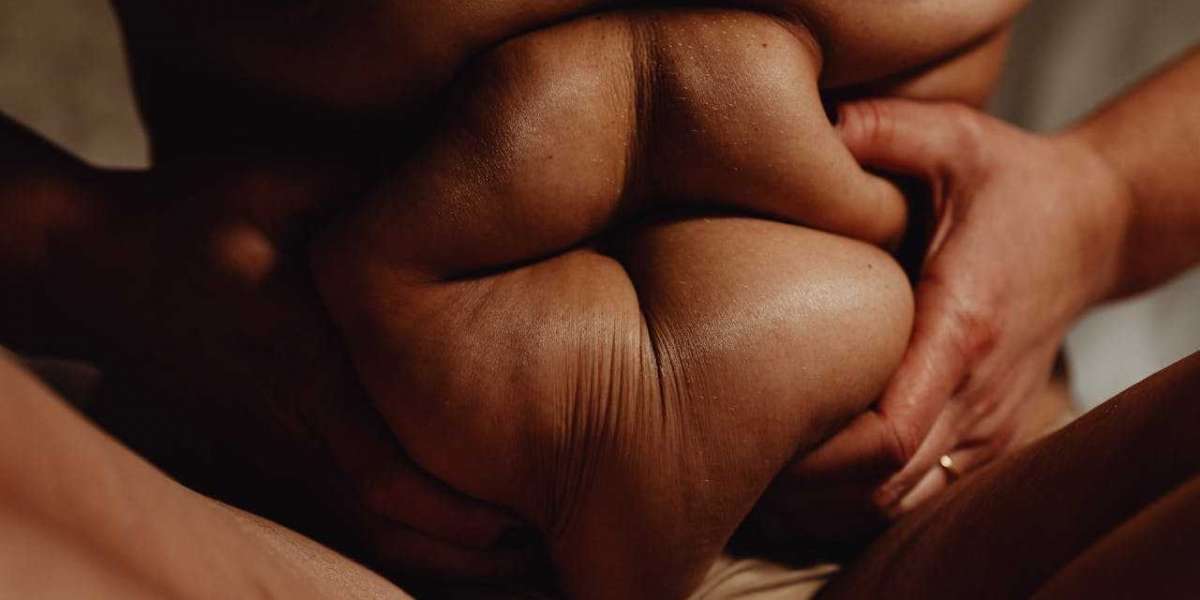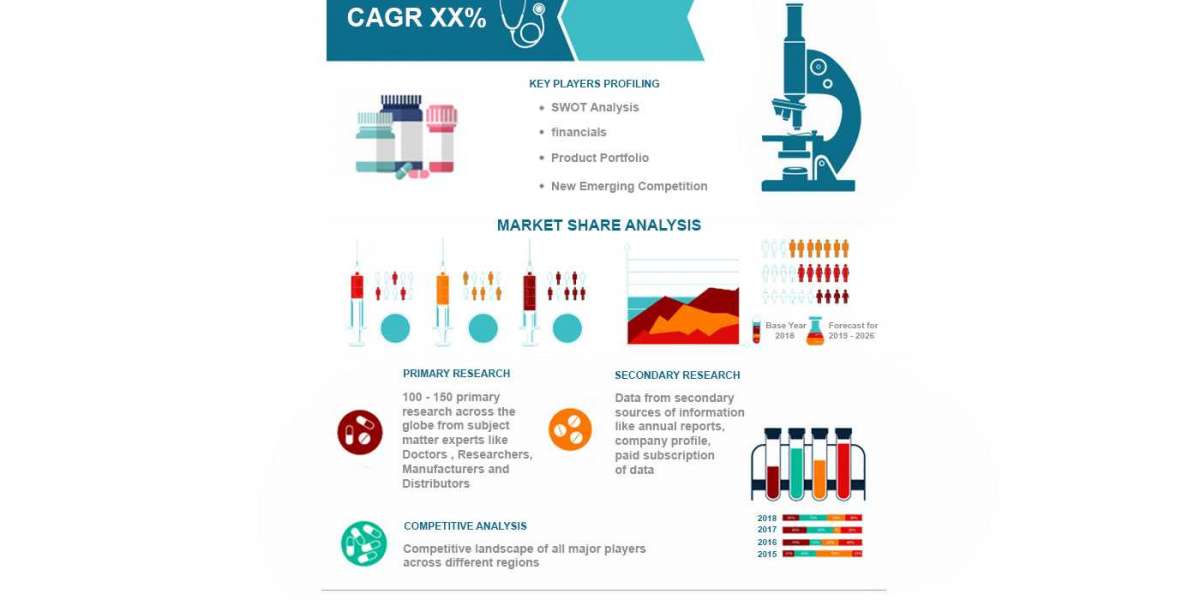Digital connectivity has definitely made social media a part of our lives. Among them, Instagram, TikTok, and Snapchat seem to fill our screens with endless feeds of perfectly filtered images and videos. Social media can affect how you feel about your body, and it can be both positive and negative.
What you see on social media depends on what you look at and who you follow. Indeed, the relationship between social media and body image is complex, multi-dimensional, and spans different age groups, genders, and cultural backgrounds.
The Rise of “Perfect Image”
Social media promotes unrealistic "perfect" bodies through edited pictures of influencers and celebrities. Research shows this can make young people feel bad about their own bodies. A new study found that the more time teenagers spend on social media, the more likely they are to feel negative about their bodies.
Pictures on social media often show very thin or very muscular people as the ideal beauty standard, which can make others feel like they don't measure up. This leads to people believing that their appearance determines their worth, creating a cycle of comparing themselves to others and feeling not good enough.
The Power of Comparison
Social media was designed to ensure comparison among its users. One scrolls through feeds of friends, influencers, and celebrities, usually creating a pretty harmful game of "who looks better." This culture of comparison may create a feeling of envy or inadequacy in one.
A study by the University of Pennsylvania proved that the reduction in social media usage drastically reduced feelings of loneliness and depression, hence emphasizing the effect of comparison on mental health.
What's more, this relentless comparison might feed what psychologists term "social comparison theory." Comparing one's life to others who seem to live perfect lives has the potential to return negative self-evaluations and poor body image. Young women, particularly, say they feel pressure to live up to those standards, further feeding harmful behaviors such as disordered eating or excessive exercise.
The Impact of Filters Editing
The filters and photo-editing tools change everything about what one presents in their online appearance. While the enhancement of creativity is good, it can further level up unrealistic beauty standards. People blur the line between reality and digital enhancement, compulsively editing images to fit into a certain aesthetic.
The "Instagram face," with exaggerated features and smooth skin, is born to become a new beauty ideal, misleading people from their real selves. As users try to get a look that doesn't exist in reality, it can boost levels of anxiety and body dissatisfaction.
Consequences on Mental Health
Social media can have a big impact on how people feel about their bodies. It can make some people feel anxious, sad, and not good about themselves because of the pressure to look a certain way. This can lead to people doing unhealthy things, like not eating enough or using drugs, to try to look like the people they see on social media. This can become a really bad cycle of always wanting to be like someone else and feeling unhappy.
Positive Influences on Social Media
Social media also holds the power to propagate body positivity and inclusivity, despite the negatives associated with it. In the past years, there has been a massive rise in the use of certain platforms making arguments for body positivity. Through social media, bloggers and associations have started breaking the norms by appreciating people with different body types and accepting their selves the way they are.
Hashtags like #BodyPositivity and #EffYourBeautyStandards have created an online space where individuals are free to share their stories and support one another in embracing their unique bodies. These campaigns convey the message of self-love and acceptance, hence providing a much more inclusive atmosphere that counterbalances the negative influence of unrealistic beauty ideals.
Education and Awareness
The association of social media with body image concerns is a topic for education and creating awareness. Parents, teachers, and other mental health workers must engage the youths in discussions regarding the impact of social media on body image. One empowers people to learn critical media literacy, which helps in recognizing and also challenging unrealistic portrayals viewed online.
You can also help promote healthier body image perceptions by taking breaks from social media or choosing to follow positive influencers. By following accounts that show diversity and authenticity, you can shift your focus from comparing yourself to others to accepting yourself.
The Bottom Line
Although the relationship between social media and body image is undeniably complex, intertwined, and multi-faceted, there are both negative and positive implications. Social media can indeed project unrealistic beauty standards and can also be a platform for comparison.
Beauty comes in all shapes and sizes, and the ultimate goal is to embrace that uniqueness. However, if you want to improve the shape and appearance of the abdomen, you can go for a tummy tuck procedure. We believe in body positivity, so if this is what you want, we are here to support you.









